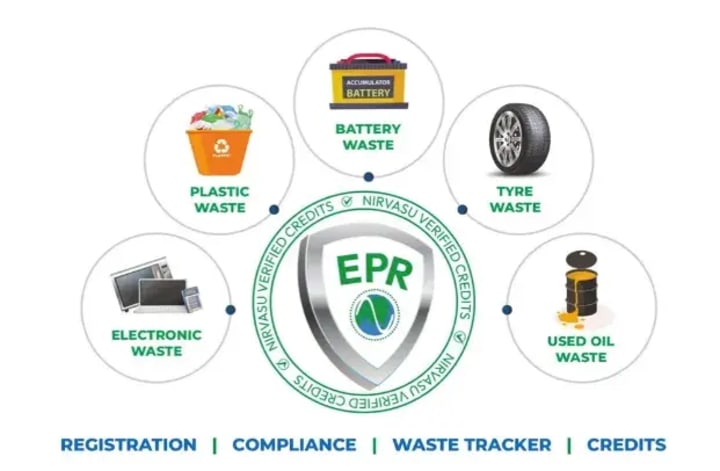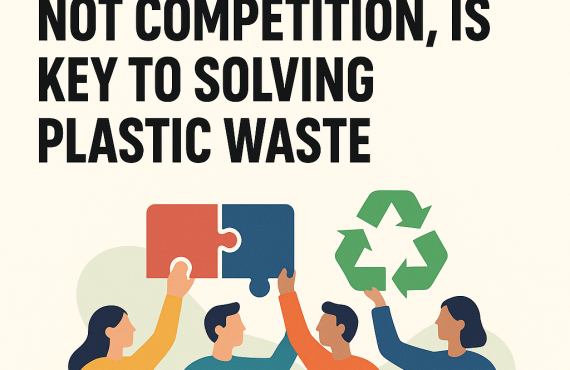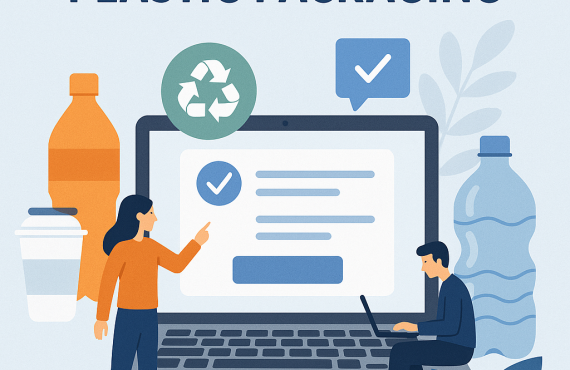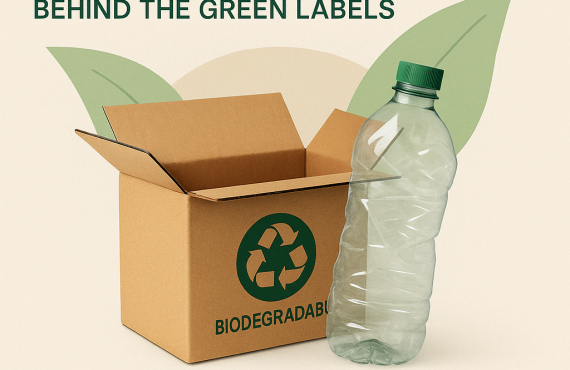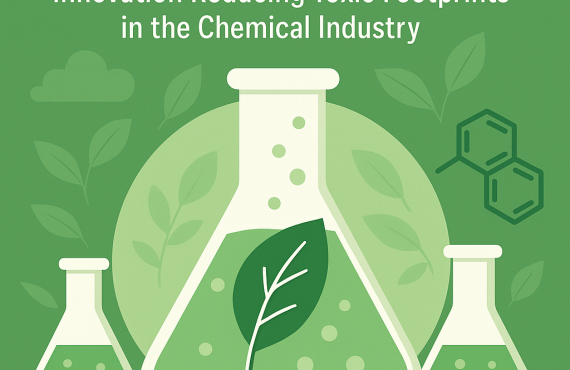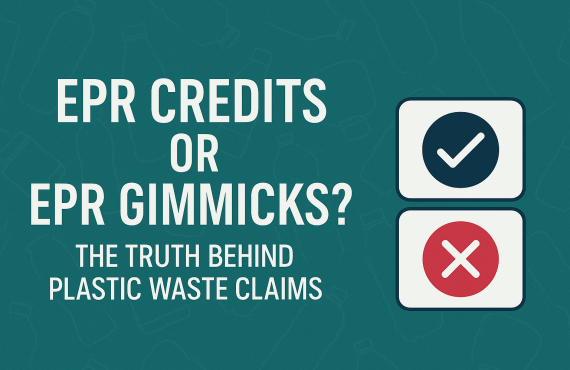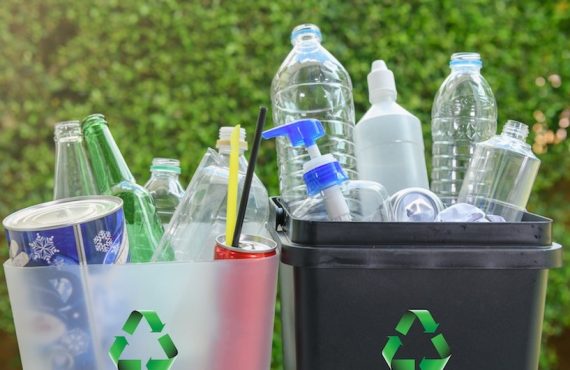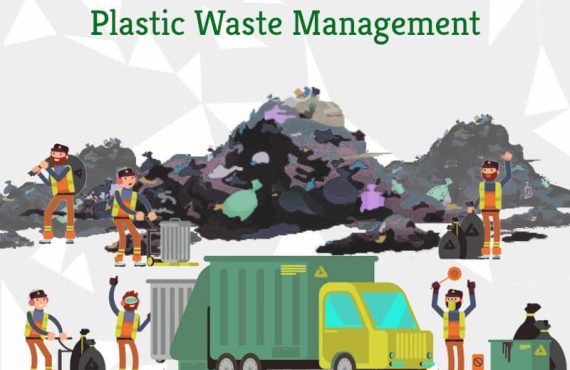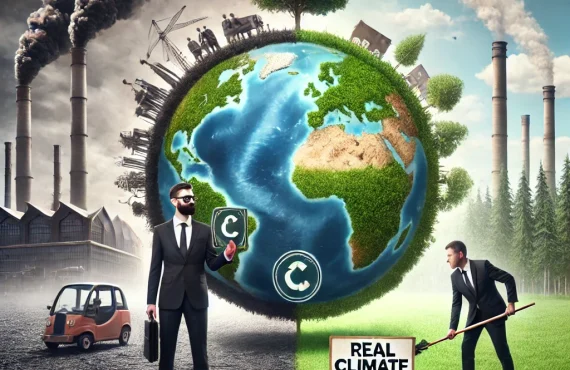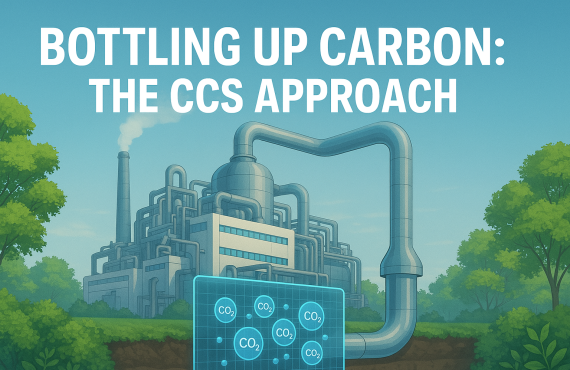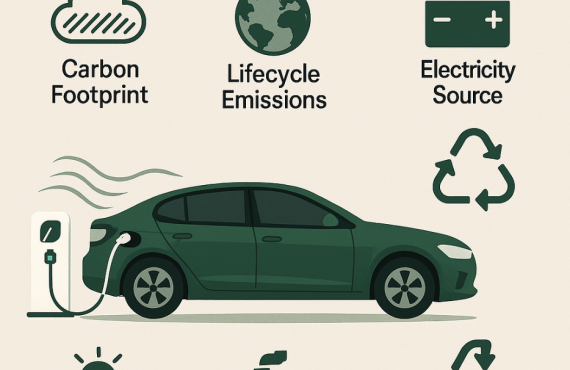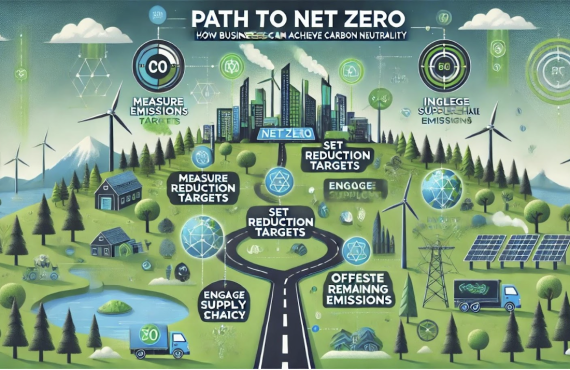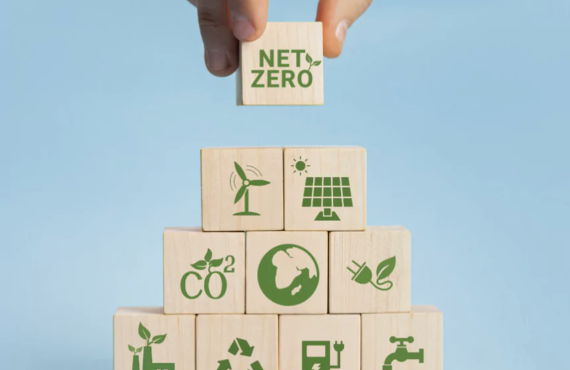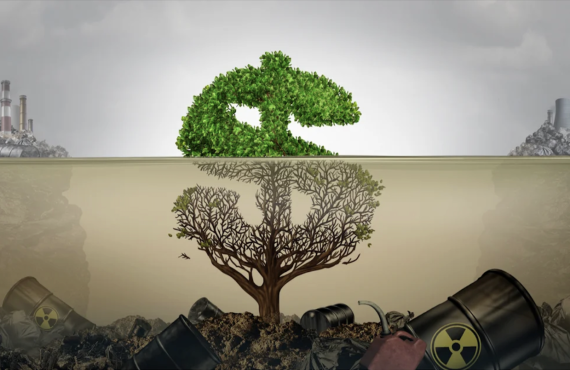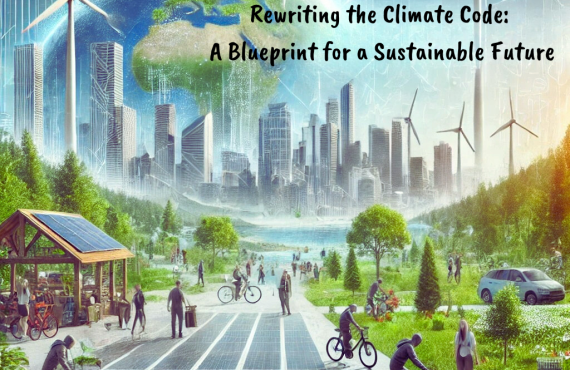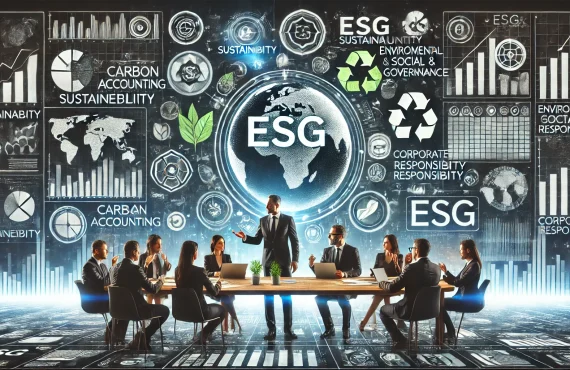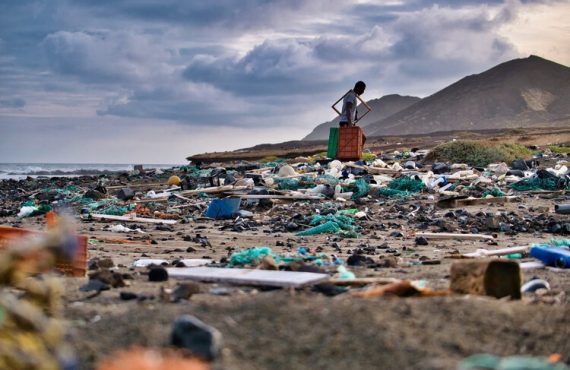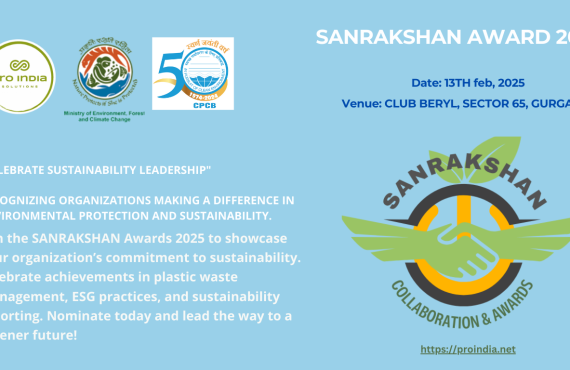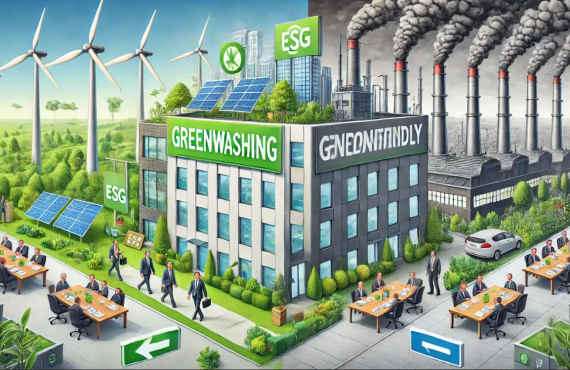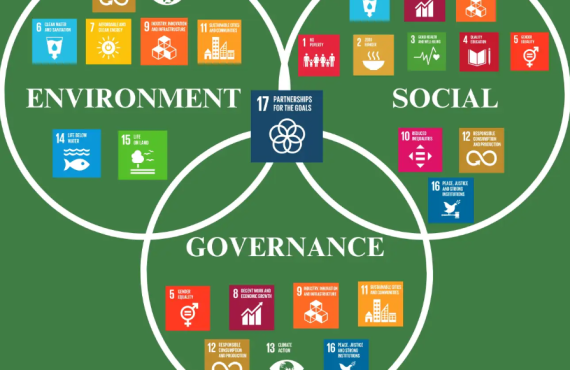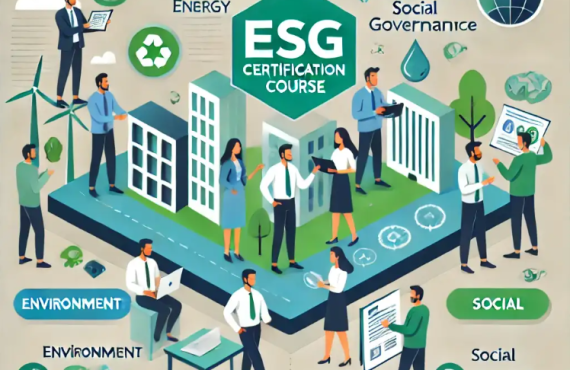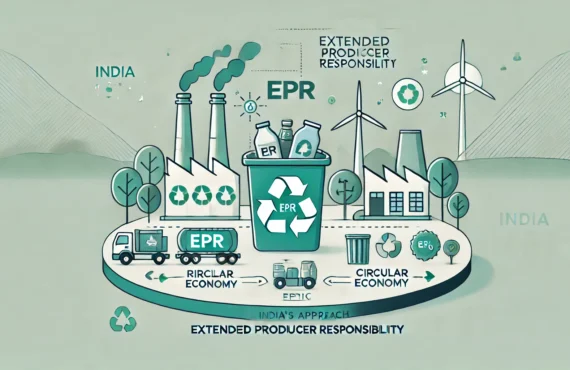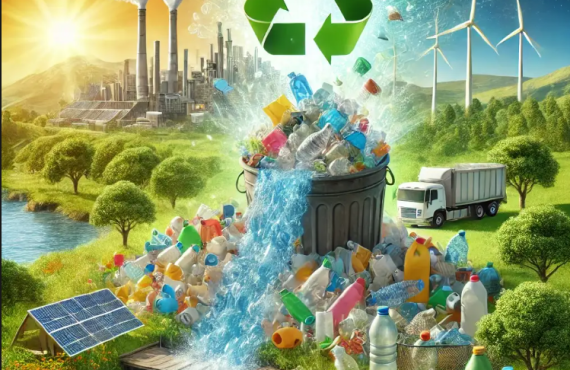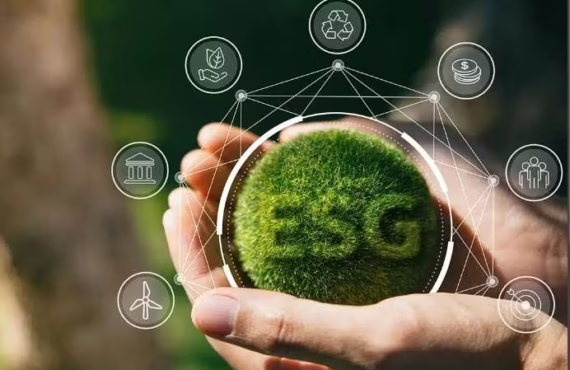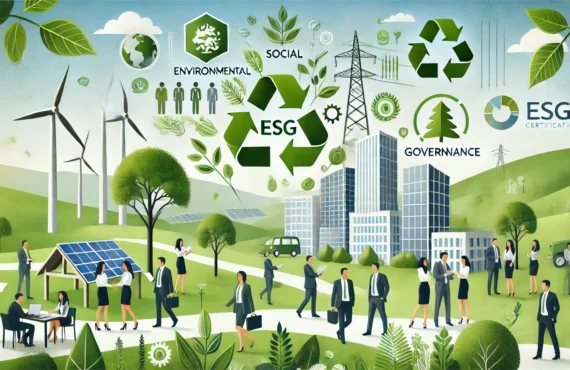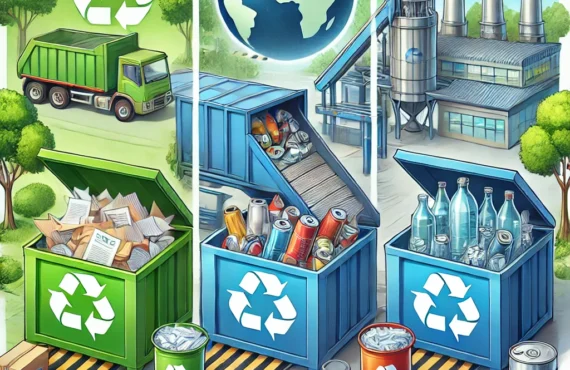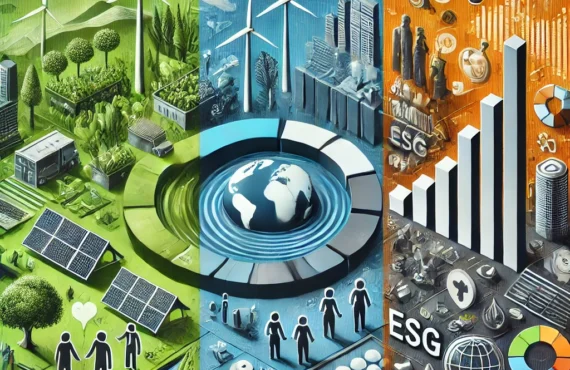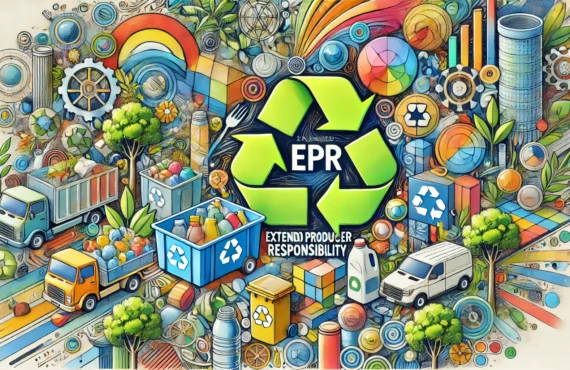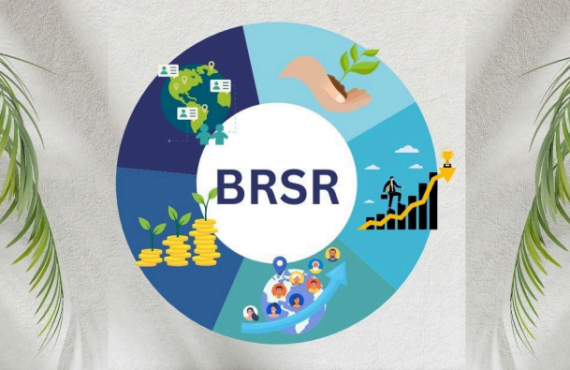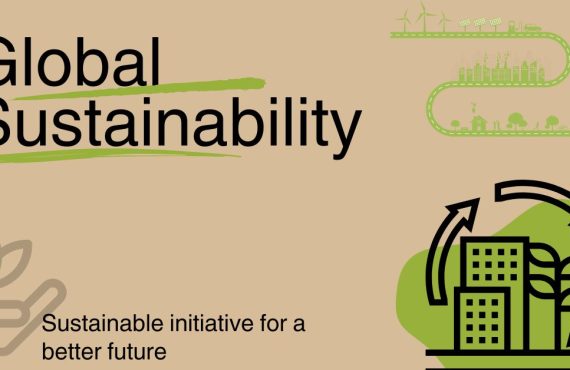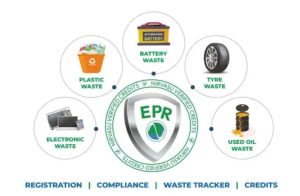
In the face of growing plastic waste and environmental degradation, Extended Producer Responsibility (EPR) has emerged as a revolutionary approach to waste management. EPR shifts the responsibility for managing the environmental impact of products, including their post-consumer stage, from governments to producers. This concept has not only reshaped waste management practices globally but also aligned industries with the principles of the circular economy.
What is EPR?
EPR stands for Extended Producer Responsibility, a policy approach where producers are held accountable for the entire lifecycle of their products, including collection, recycling, and environmentally sound disposal. The primary aim is to encourage producers to design sustainable, recyclable products and invest in waste management systems.
The Journey of EPR: From Concept to Practice
EPR was first introduced in the early 1990s to address the mounting waste generated by rapid industrialization and consumerism. Since then, it has evolved into a cornerstone of global waste management strategies, with countries adopting tailored EPR frameworks to suit their needs.
- EPR in Europe: A Model for Recycling Success
Europe leads the way in EPR adoption, with regulations like the EU Packaging Waste Directive mandating producers to manage the recycling of packaging materials. Countries have implemented EPR credit systems, enabling producers to meet their obligations by supporting certified recyclers who process plastic waste. - Asia’s Approach: Tackling Plastic Waste
Asia, home to some of the largest contributors to plastic pollution, has embraced EPR as a solution. India’s Plastic Waste Management Rules introduced EPR to hold producers, importers, and brand owners accountable for their plastic waste. The government has also mandated EPR Registration and Annual Filing to ensure compliance and transparency in waste management. - North America: Collaborative Efforts
In the United States and Canada, EPR programs target electronics, packaging, and hazardous waste. These initiatives foster collaboration between governments, producers, and recyclers to develop sustainable recycling systems.
To know about EPR’s Impact on India’s Waste Management Click on Link:
The Role of EPR Credits in Circular Economy
EPR credits have emerged as an innovative mechanism within EPR frameworks. These credits are earned by recyclers and waste management companies for their work in collecting and recycling waste. Producers can purchase these credits to fulfill their compliance obligations, promoting a market-driven approach to waste reduction.
This system incentivizes the growth of the recycling industry while encouraging producers to support eco-friendly practices. As a result, EPR credits play a pivotal role in driving the circular economy, where resources are reused, regenerated, and kept in circulation.
Key Components of EPR: Registration and Annual Filing
To ensure effective implementation, most countries mandate EPR Registration for businesses producing or importing goods that generate waste. This registration process holds companies accountable for their waste management plans and adherence to environmental laws.
Additionally, producers are required to submit Annual Filings detailing the amount of waste generated, collected, and recycled. These filings promote transparency and enable governments to monitor compliance.
Challenges and Innovations in EPR
Despite its potential, EPR implementation faces challenges such as inadequate infrastructure, financial constraints, and lack of awareness among stakeholders. However, innovations like AI-powered waste sorting systems, blockchain for waste traceability, and partnerships with certified recyclers are addressing these barriers.
The Future of EPR: A Global Vision
As the world transitions towards a sustainable future, EPR will remain a cornerstone of waste management. To maximize its impact:
- Producers must embrace eco-design principles.
- Governments must enforce stringent regulations and provide incentives.
- Consumers must actively segregate waste and support recycling initiatives.
By integrating EPR with practices like recycling, EPR credits, and annual accountability, we can tackle the global plastic waste crisis. This journey from policy to practice demonstrates the power of EPR in creating a sustainable planet.
In conclusion, Extended Producer Responsibility (EPR) represents a global commitment to environmental stewardship. By fostering collaboration among producers, governments, and recyclers, EPR paves the way for a world where waste is no longer a burden but a resource.


